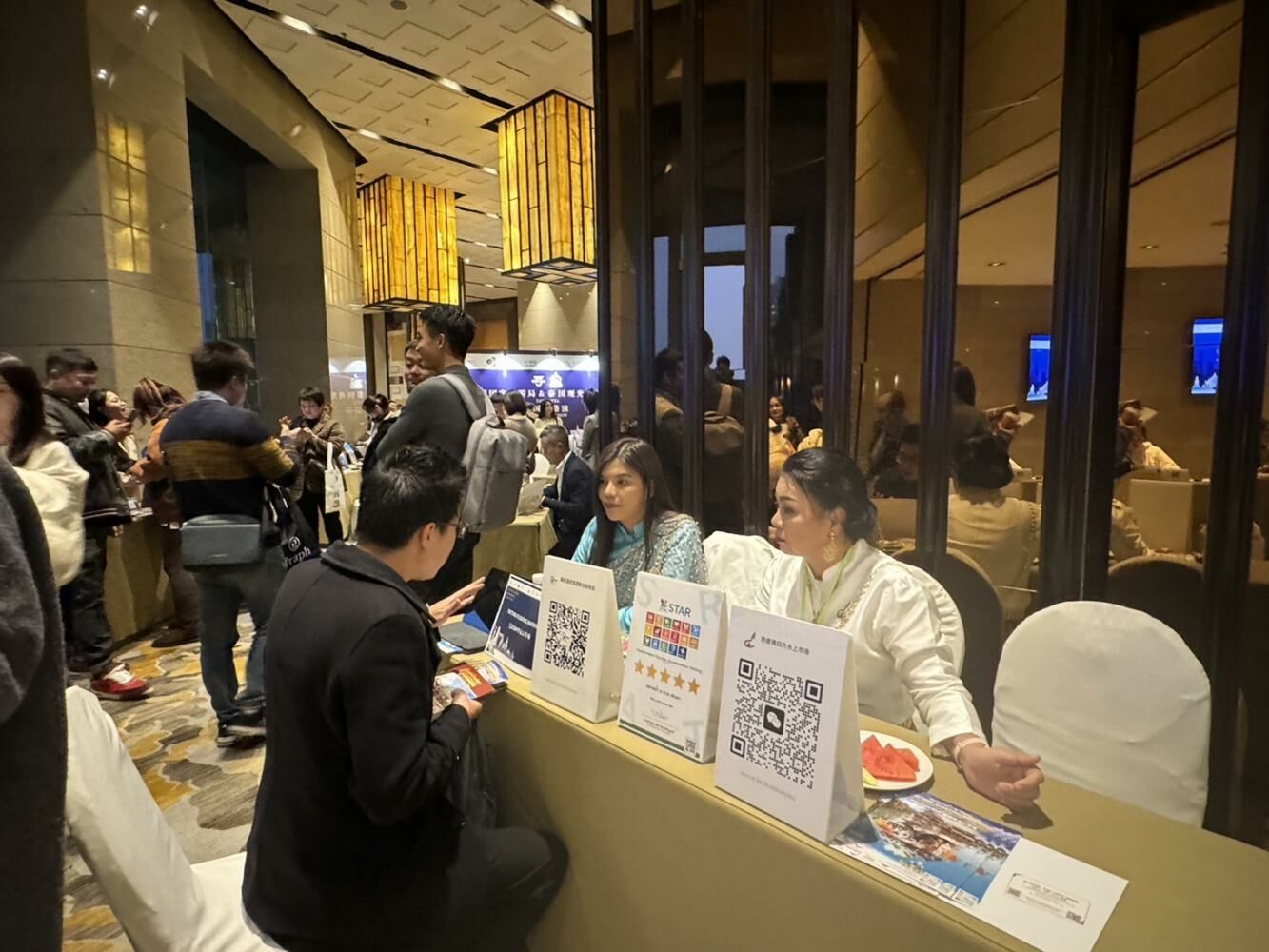Malaysia and Singapore lure Chinese travellers with visa-free policies

The Chinese traveller market could see a significant rise to 7 million arrivals next year as Malaysia and Singapore become increasingly attractive due to reciprocal visa-free policies. Thailand, however, has yet to secure such an agreement with China.
Following the introduction of a visa exemption for Malaysians, Beijing is speculated to extend a 30-day visa exemption to Singapore in the early part of next year. This is an increase from the current 15-day exemption available to Singaporean citizens.
Sisdivachr Cheewarattanaporn, who heads the Association of Thai Travel Agents (ATTA), noted that cultural similarities, Chinese-speaking communities, and perceived safety are swaying Chinese tourists towards Singapore. He stated that although Thailand continues to hold a substantial market share of China’s outbound travellers, the scenario in the coming year could be challenging. This will be due to competition from domestic tourism within China and other countries that have established visa agreements with China, which will likely enhance airlines’ seating capacities.
As of November 15 this year, Malaysia saw 1.4 million Chinese visitors, following the announcement of a visa exemption for Chinese citizens from December 1. Singapore, on the other hand, received 1.12 million Chinese tourists in the first 10 months. Thailand’s Chinese arrivals numbered 3.1 million as of December 3, a significant drop from around 10 million in 2019, Sisdivachr said.
“In China, some people still have high spending power in key cities and secondary cities, but young adults have been severely affected by unemployment. The challenge is how to attract those who can still afford to pay.”
Sisdivachr suggested that Thailand has the opportunity to increase its Chinese tourist numbers to 7 million next year, a rise from this year’s expected figure of less than 4 million, reported Bangkok Post.
China roadshow
ATTA, in collaboration with the Tourism Authority of Thailand, conducted its first China roadshow of the year in Shanghai and Chengdu from December 11 to December 15. Adith Chairattananon, the honorary secretary-general of Atta, proposed that if Thailand aims to boost inbound tourism to 35 million next year, it should prioritise the Chinese market.
Adith suggested that other markets such as Europe, the Middle East, Japan, and South Korea might not have the capacity to expand as much as China, which still has growth potential. He recommended that Thailand should aim to attract Chinese visitors from secondary cities, particularly those who haven’t visited before, by offering group tours and chartered flights, ensuring a degree of safety.
Target cities could include Anhui, Tianjin, Shandong, and Guangzhou. Edison Chen, vice president of destination marketing and strategy alliances at Trip.com, revealed that tourism revenue from outbound Chinese travellers on its platform has recovered to 80% of the 2019 level.
This resurgence is primarily driven by independent tourists, who have bounced back quicker than tour groups. The platform also noted an emerging trend where the majority of business travellers extend their stays after their work engagements.
Latest Thailand News
Follow The Thaiger on Google News:


























